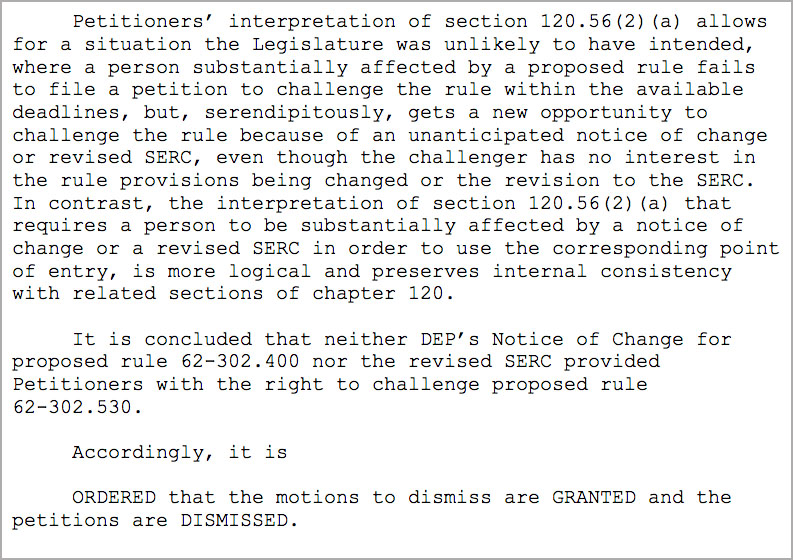

The district court’s effort to reduce the scope of FDA enforcement discretion, if upheld, could substantially change FDA’s approach to enforcement and create substantial uncertainty for thousands of products currently marketed under such policies.FDA’s use of real-world evidence (rather than clinical studies) to modify drug labels, including Risk Evaluation and Mitigation Strategies (REMS), has been undermined and will hinder the growing use of real-world evidence as a basis for FDA administrative actions, including approval decisions. The courts’ criticism of FDA’s alleged abuse of its administrative process could, if upheld, have a chilling effect on FDA’s review of product and regulatory decisions and policies, and potentially hinder approvals.The unpredictability will create new challenges for transactions involving these products and may result in changing strategies for companies’ development programs, commercial planning, and product life-cycle management. FDA expertise and decision-making on drug safety and efficacy are under judicial attack, which will negatively impact the predictability of regulatory decisions in the life sciences industry and on industry products.KEY TAKEAWAYS FROM DISTRICT AND APPEALS COURT DECISIONS

While the US Court of Appeals for the Fifth Circuit has temporarily stayed the Texas district court’s ruling invalidating the US Food and Drug Administration’s (FDA’s) approval of mifepristone, the decision will still seriously hinder FDA’s authority with respect to how it regulates products and determines how and when it will interact with the life sciences industry-and the judicial process.


 0 kommentar(er)
0 kommentar(er)
